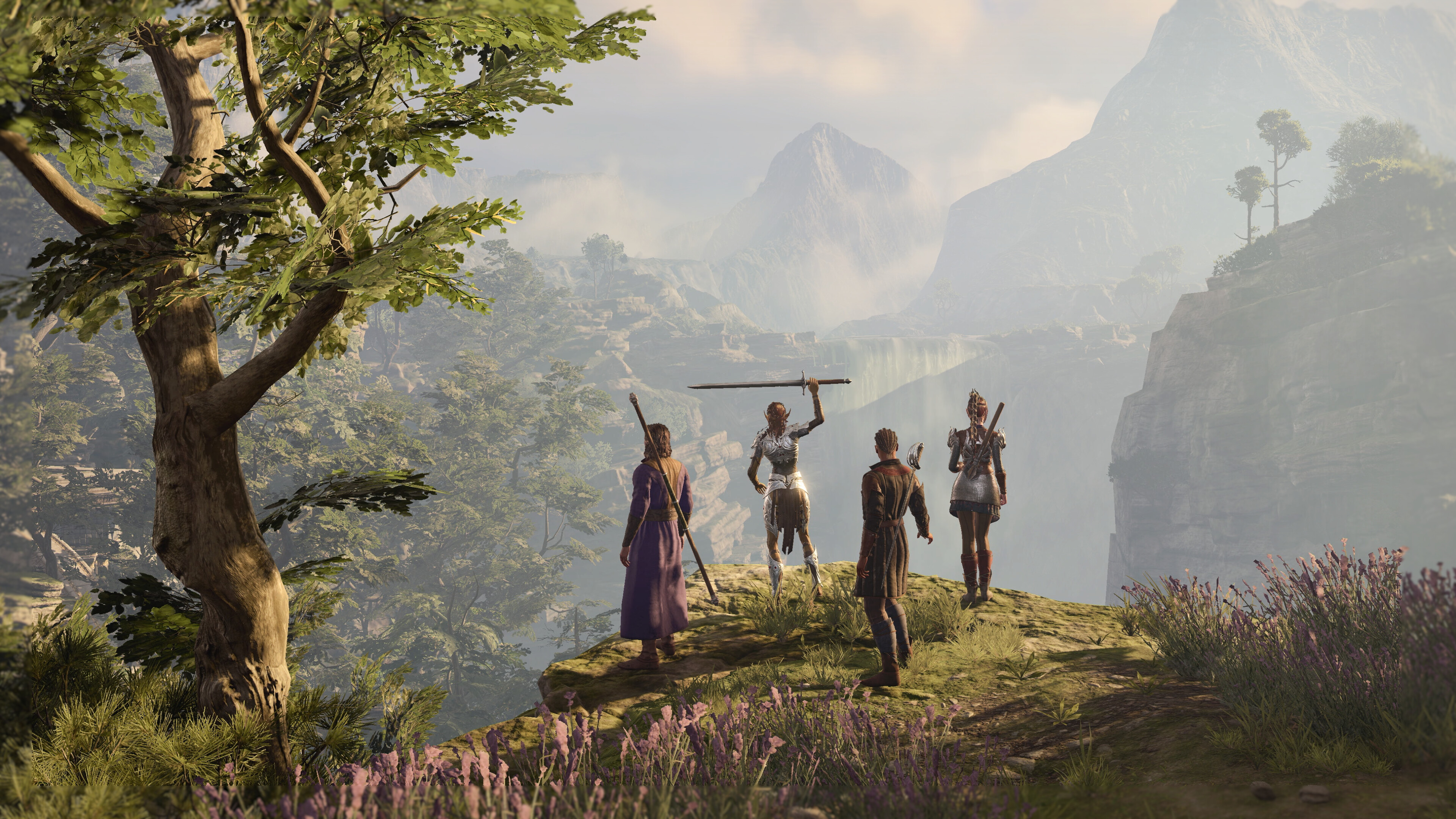Skyrim lead explains why Bethesda RPGs don't feel as "meaningful" as Baldur's Gate 3: "They poked into all of the darkest corners"
Bethesda were more focused on letting players experience everything

Bethesda’s former design director has some insights into what separates an RPG like Skyrim from an RPG like Baldur’s Gate 3.
That comes courtesy of MinnMax’s podcast interview with Bruce Nesmith, who had an illustrious career at Bethesda Game Studios where he was both Skyrim’s lead designer and Starfield’s senior systems designer. As a now-RPG-enjoyer, Nesmith was free to gush about Baldur’s Gate 3, calling it a “triumph of trying to make the tabletop experience actually happen right there in the computer.”
Nesmith also offered a unique insight into why Baldur’s Gate 3 feels so different from Bethesda’s RPGs, namely the fact that Larian “poked into all the darkest corners,” which is something that Bethesda never did while he was at the studio. “They’ve [Larian] come out and said quite bluntly, ‘We don't care if only 1% of the players ever see this. Those 1% that do will be happy and they'll tell the other 99%, who will then be happy that the option existed.’”
Nesmith continues: “And at Bethesda, the games we were making were so big, we had to take the approach of, well, everybody’s got to be able to do this at some point. We can't block off content that way. And you can see it in our games. We don’t. You can get to be the heads of all the guilds, you can be friends with all the companions. you can go to all the places. Nothing is off limits.”
On the other hand, Baldur’s Gate 3 made Nesmith feel that “this decision I’m about to make will close off parts of the game and open up others. It’s meaningful. That means something.” That change in direction between Baldur’s Gate 3 and Starfield, let’s say, isn’t a coincidence, though.
According to Nesmith, Bethesda was in the “business of making games that people would play for hundreds of hours,” and if the studio “cut out 50%” of the game based on player decisions, then suddenly that’s not as easy to achieve. “Whereas, very few of the decisions in a Bethesda game feel highly meaningful,” Nesmith continues, “You maybe get three or four of those. And we tried to make those really big and important.”
Elsewhere in the interview, Nesmith chatted about what could be carried over to The Elder Scrolls 6. He also recalled how Fallout 76 came to be.
Weekly digests, tales from the communities you love, and more
Kaan freelances for various websites including Rock Paper Shotgun, Eurogamer, and this one, Gamesradar. He particularly enjoys writing about spooky indies, throwback RPGs, and anything that's vaguely silly. Also has an English Literature and Film Studies degree that he'll soon forget.


